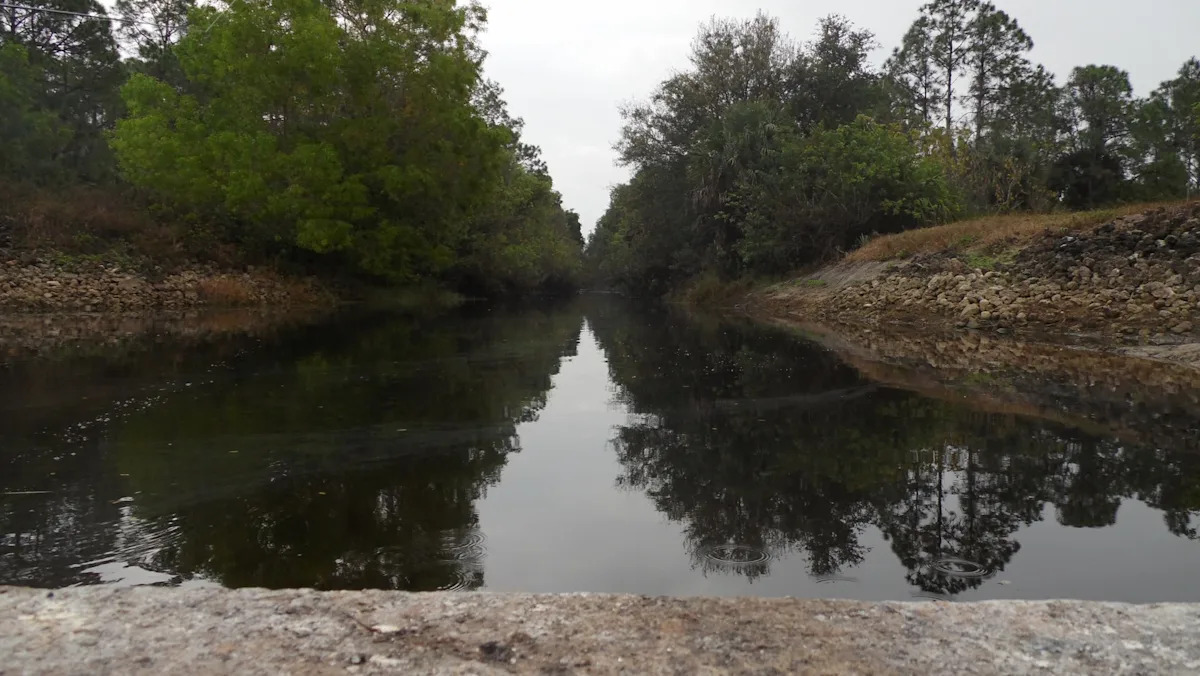Citizen scientists from around the world have helped bring awareness to an often-overlooked aspect of plastic pollution: pre-production plastic pellets, also known as “nurdles.”
By participating in the International Plastic Pellet Count, volunteers highlighted the pervasive presence of nurdles in and around local waterways, according to Inside Climate News.
What’s happening?
Typically measuring in at about 5 millimeters in size, nurdles are small plastic pellets that are used in the production of everything from plastic water bottles to plastic shopping bags, according to PennEnvironment.
While the environmental and public-health risks posed by microplastics, which are formed from deteriorating plastic waste, have gained much attention recently, the presence of nurdles has been relatively overlooked.
However, once you start looking, you are likely to find nurdles nearly everywhere.
Such was the mission of the International Plastic Pellet Count, with volunteers donating their time to search for nurdles along their local waterways, reporting their findings back to a central database.
“There’s certainly some hot spots right outside plastic pellet plants, or in places where we knew that major spills had occurred, but they’re just getting everywhere,” explained Lisa Frank, executive director of Environment America, one of the pellet-count organizers, per Inside Climate News. “Because once they spill, they wind up in the waterways and can be transported around the world.”
A recently released report detailed the findings from last spring’s pellet count. Participants found over 49,000 plastic nurdles across 200 different sites, which were located in 14 different countries. In the U.S., sites included 29 states as well as Washington, D.C.
“They’re just all over the place,” said Diane Wilson, a longtime anti-nurdle activist who participated in the pellet count from Texas, the state with by far the highest number of nurdles found, according to Inside Climate News. “I could go right down there now and get the same amount.”
Why is plastic pollution important?
Whether in the form of pre-production pellets or post-use plastic waste, the presence of plastic in the environment has been a cause of growing concern among environmental activists and public-health experts.
Microplastics have been detected in every corner of the globe, from the top of Mount Everest to the deepest parts of the ocean to inside vital organs. While experts concede that there remains much to be learned about the impact that plastic pollution has on human health and the environment, research has already shown that plastics pose a serious threat.
“While the health impacts of plastics is still a rather new research area, scientific results to-date do indicate plastic causes diseases, disability, and premature death at every stage of its life cycle,” according to the Geneva Environment Network website. “Scientifically proven health effects include causing cancer or changing hormone activity (known as endocrine disruption), which can lead to reproductive, growth, and cognitive impairment.”
What’s being done about plastic pollution?
Despite the known risks, the world continues to produce more and more new plastic, and plastic waste, every year. While recycling has an important role in reducing the amount of plastic waste in the environment and lowering demand for new plastic production, the world will not be able to recycle its way out of its plastic problem.
Therefore, in order to push back on the amount of plastic in our environment and our own bodies, steps need to be taken to drastically reduce the amount of plastic the world uses.
To help, you can choose plastic-free options for everyday products and support brands that use plastic-free packaging. By doing so, you will not only reduce your own plastic use, but you will also send a powerful message to companies that consumers demand plastic-free alternatives.
Join our free newsletter for weekly updates on the latest innovations improving our lives and shaping our future, and don’t miss this cool list of easy ways to help yourself while helping the planet.

